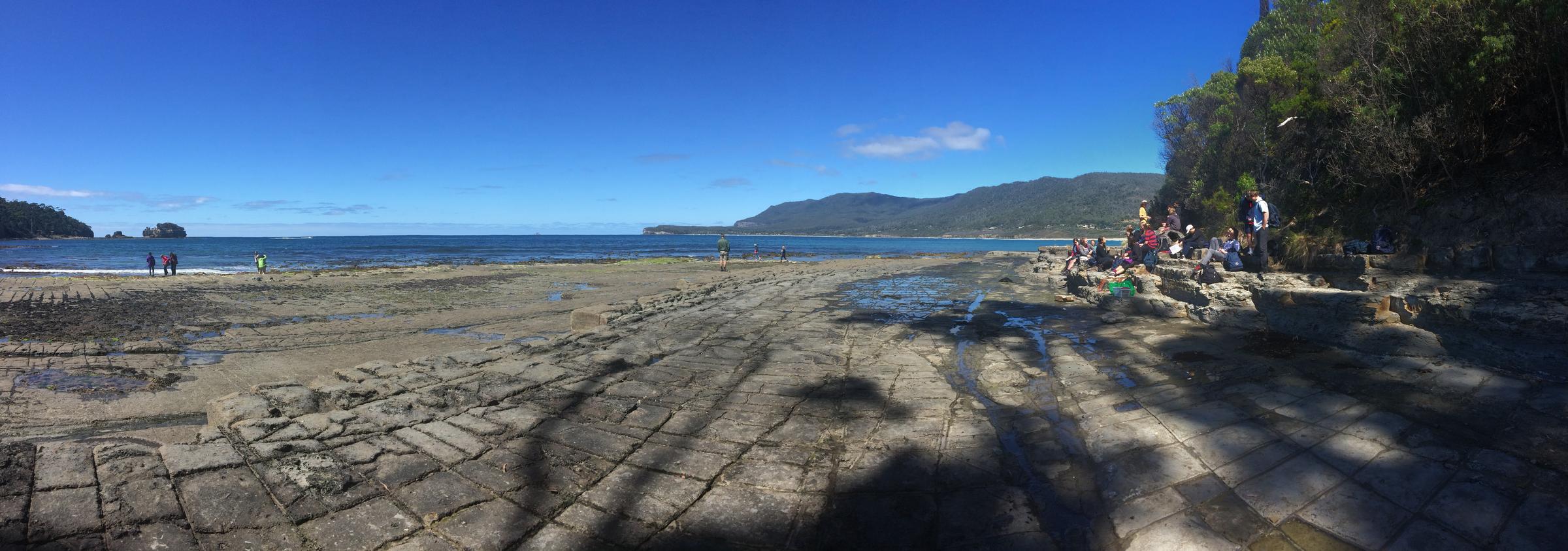IBDP Environmental Systems & Societies

Group 3 or 4 | Environmental Systems & Societies
| 🎓 Level | HL or SL |
|---|---|
| ⏱ Hours | 150 (SL) or 240 (HL) |
| 📚 Prerequisite | None |
| ℹ️ IB Course Information | Link (SL & HL) |
Course structure
The Standard Level course involves 150 indicative teaching hours over two years. It consists of core material (100 hours), practical work (30 hours), an individual scientific investigation (10 hours) and a collaborative sciences project (10 hours), in which students from all Science subjects cooperate on an investigation.
The Higher Level course involves 240 indicative teaching hours over two years. It consists of the SL core material plus additional HL material (total of 190 hours), practical work (30 hours), an individual investigation (10 hours) and a collaborative sciences project (10 hours).
What will I learn?
Environmental Systems and Societies uses a systems approach, amplified by economic, historical, cultural, socio-political and scientific methodologies, to provide a holistic perspective on environmental issues. It aims to promote understanding of environmental processes at a variety of scales from the local to the global, and provide students with a body of knowledge, methodologies and skills that can be used to analyse them.
The subject promotes respect for both a diversity of cultural perspectives and a variety of responses to the complexities of controversial environmental issues. It builds an appreciation of the role of technology both in creating and solving environmental problems, and the value of local and international collaboration in seeking solutions. Students are encouraged to come to considered moral and political positions on environmental issues based on a solid scientific understanding.
Students will take eight topics:
- Foundations of environmental systems and societies
- Ecology
- Biodiversity and conservation
- Water
- Land
- Atmosphere and climate change
- Natural resources
- Human populations and urban systems
In each of these topics there are standard level concepts and additional higher level concepts. Plus there are three higher level specific topics that are covered:
- Environmental Law
- Environmental and ecological economics
- Environmental ethics
Important Note: This course is a trans-disciplinary subject that can be counted as a Group 3 or 4 subject or both.
Why should I consider this course?
As a result of studying this course, students will become equipped with the ability to recognize and evaluate the impact of our complex system of societies on the natural world. The interdisciplinary nature of the course requires a broad skill set from students and includes the ability to perform research and investigations and to participate in philosophical discussion. The course requires a systems approach to environmental understanding and problem-solving, and promotes holistic thinking about environmental issues. It is recognized that to understand the environmental issues of the 21st century and suggest suitable management solutions, both the human and environmental aspects must be understood. Students should be encouraged to develop solutions from a personal to a community and to a global scale.
Through the exploration of cause and effect, the course investigates how values interact with choices and actions, resulting in a range of environmental impacts. Students develop an understanding that the connections between environmental systems and societies are diverse, varied and dynamic. The complexity of these interactions challenges those working towards understanding the actions required for effective guardianship of the planet and sustainable and equitable use of shared resources.
Assessment
| Component | Requirement | %SL | %HL |
|---|---|---|---|
| Individual Investigation | 3000 words (10 hours) | 25 | 20 |
| Paper 1: Case Study | 1 hr (SL) / 2 hr (HL) | 25 | 30 |
| Paper 2: Short Answer & Essays | 2 hr (SL) / 2.5 hr (HL) | 50 | 50 |
What Skills does this course provide?
ESS aims to empower and equip students to:
- develop understanding of their own environmental impact, in the broader context of the impact of humanity on the Earth and its biosphere;
- develop knowledge of diverse perspectives to address issues of sustainability;
- engage and evaluate the tensions around environmental issues using critical thinking;
- develop a systems approach that provides a holistic lens for the exploration of environmental issues; and
- be inspired to engage in environmental issues across local and global contexts.
What Pathway Options does this course provide?
This course provides solid grounding for students to pursue further studies in all natural sciences. In addition, the relevance of this course provides students with excellent knowledge of current environmental issues which would be advantageous in further studies in areas such as law, policy, international relations, economics, journalism and tourism, just to name a few.
